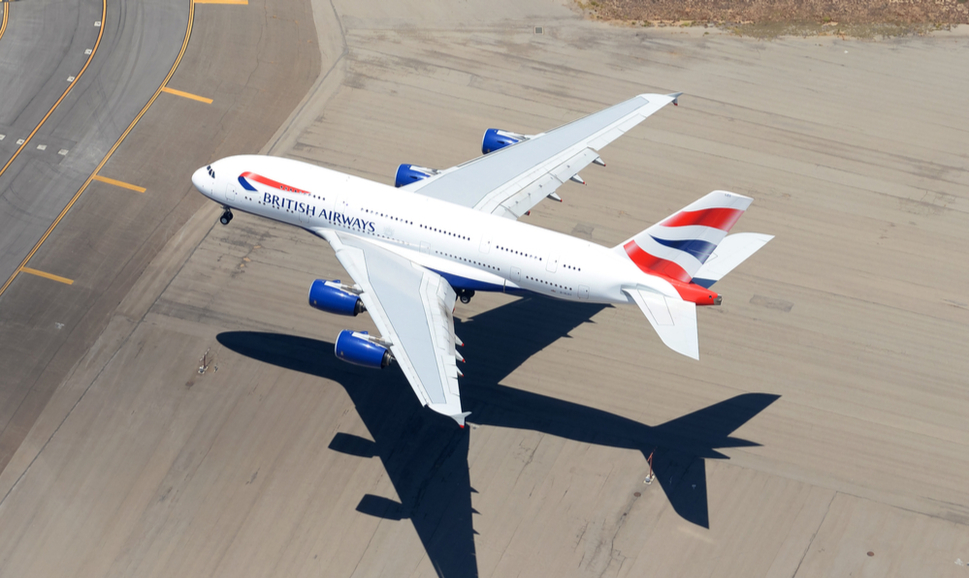British Airways, Shell Ventures invest $24.3 million in hydrogen aircraft developer
ZeroAvia said it expected to begin operating zero emissions commercial aircraft carrying 50 or more passengers in five years' time. Read More

Start-up ZeroAvia said it expected to begin operating zero emissions commercial aircraft carrying 50 or more passengers in five years' time.
Hydrogen-electric flight specialist ZeroAvia has secured further financial backing to help accelerate the development of its first 50-plus seater zero emissions aircraft, with British Airways (BA), Shell Ventures, and Systemiq among funders jointly announcing $24.3 million investment in the start-up.
Leading the investor group, BA said the latest cash injection would help ZeroAvia launch a new development program to further demonstrate the credibility of its technology and accelerate the development of a larger hydrogen-electric engine, capable of flying further and enabling larger zero emission aircraft as soon as 2026.
ZeroAvia, which in September completed the world’s first hydrogen-electric test flight of a commercial-grade aircraft, claims it could achieve commercialization for its hydrogen-electric technology as soon as 2024, with flights of up to 500 miles in a 20-seater aircraft.
And, with the new investment announced in late March, the firm said it expected to begin operating zero emissions commercial aircraft carrying 50 or more passengers in five years’ time, as part of its aim to deliver its first 100-seater, single-aisle plane by 2030.
Others supporting the latest investment round announced March 31 include Horizons Ventures, Breakthrough Energy Ventures, Ecosystem Integrity Fund and Summa Equity.
The global aviation sector, estimated to account for around 2 to 3 percent of global greenhouse gas emissions is under increasing pressure to decarbonize, but faces significant financial headwinds in the immediate term from the devastation wrought by COVID-19.
British Airways said its investment in ZeroAvia would support the airline’s commitment to achieving net-zero carbon emissions by 2050, alongside its efforts to scale up the use of sustainable aviation fuels, develop more fuel-efficient aircraft and explore the use of carbon capture technologies.
It comes just weeks after BA’s parent company IAG announced a partnership with ZeroAvia through its Hangar 51 accelerator program to explore how hydrogen aircraft could play a role in the future of green aviation.
Both companies are also members of the U.K.’s Jet Zero Council, an initiative spearheaded by the government alongside figures from across the aviation sector that is aimed at helping deliver the U.K.’s first zero emission commercial flight.
“Innovative zero emissions technology is advancing fast and we support the development of hydrogen as an alternative fuel source because we believe it has the potential to enable us to reach true zero emissions on short-haul routes by 2050,” said British Airways CEO Sean Doyle. “There is a huge amount of energy and excitement building around the possibilities of a zero emissions future for aviation and while there is no single solution to this challenge, we acknowledge the need for urgent action to tackle the impact flying currently has on our planet and are making progress on our journey to net-zero.”
BA is not the only company to invest in ZeroAvia, with the hydrogen plane start-up having late last year secured $21.4 million backing in a fundraise from a raft of major companies including Shell and Amazon.
The company, which earlier this month completed a successful ground simulation at Cranfield Airport for its planned upcoming 60-mile cross-country flight, also has secured $16.3 million U.K. government funding via the Aerospace Technology Institute.
Val Miftakhov, CEO and founder of ZeroAvia, said the new funding, would “significantly accelerate our path to zero-emission solutions for larger regional aircraft at a commercial scale.”
“With the airline industry lining up and ready to shift to zero-emissions, we expect to see wide-scale adoption of this technology,” he said. “We are extremely grateful to British Airways and our other investors, who are helping speed up our progress and ultimately the aviation industry’s adoption of zero-emission flight.”













